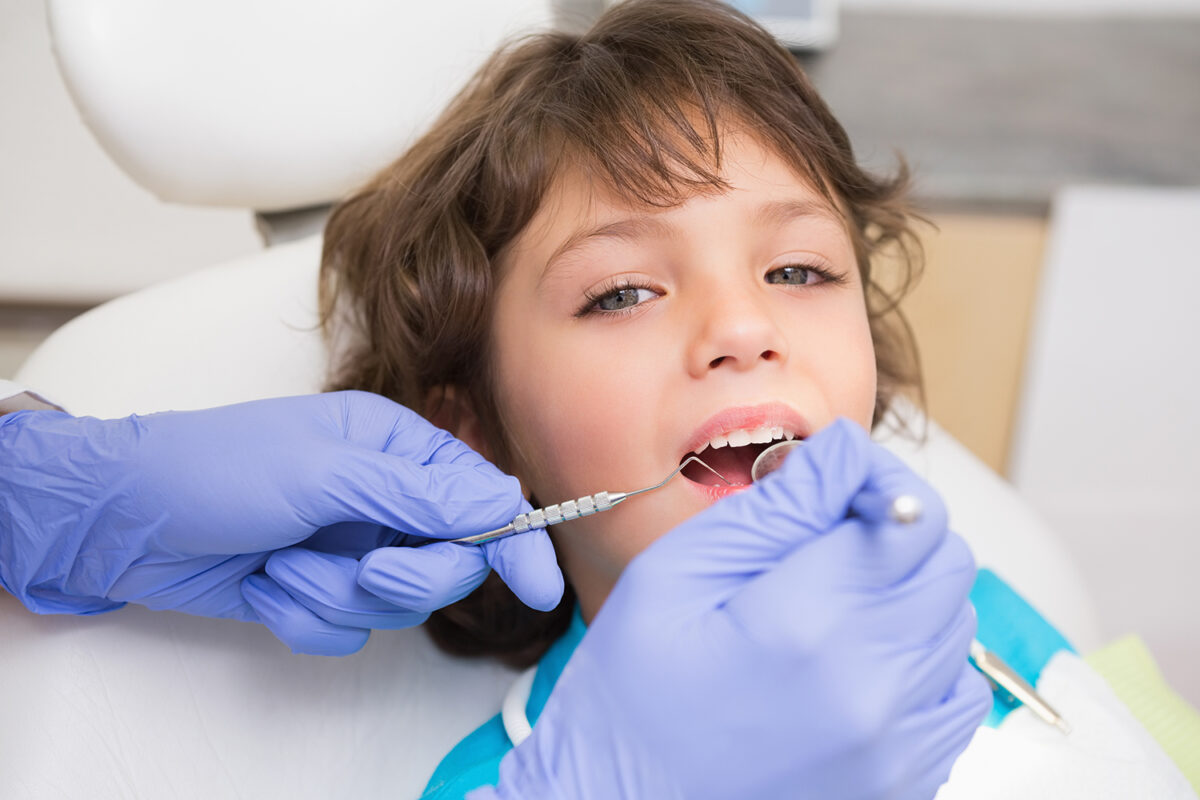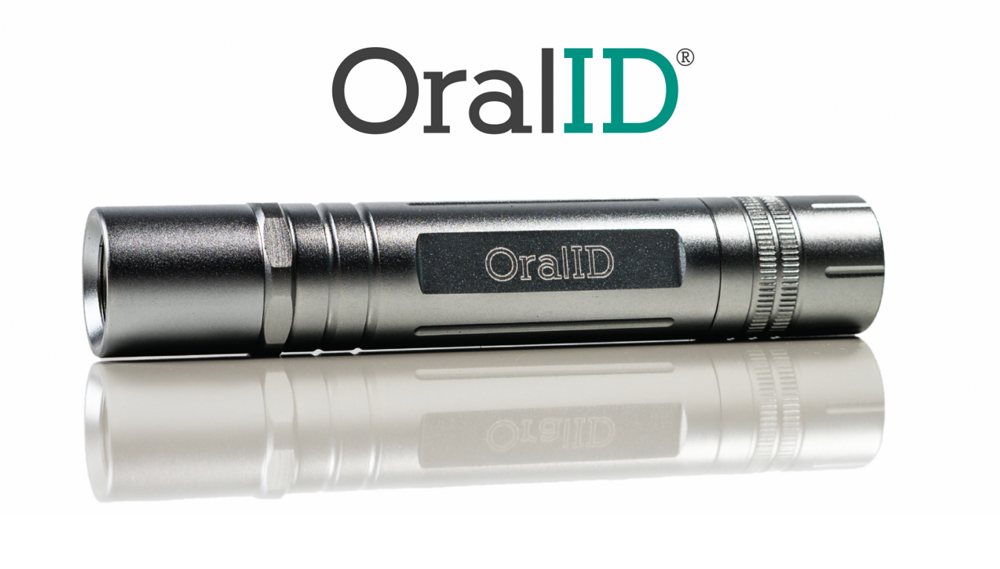Dentures are prosthetic devices constructed to replace missing teeth.
Whether you are considering getting dentures, already have them, or know someone with them, it’s very likely that you may have some questions about them. What follows is information on what dentures really are, what kind of care they require, and how dentures can improve your oral health. We hope to help you find the answers to all your denture queries and to find out, if necessary, whether dentures might be right for you.
What are dentures?
Dentures are artificial teeth and gums that are formed to your mouth and created by your dentists to replace lost or removed natural teeth. Dentures can either be full or partial, meaning they can either replace all teeth on either the top or bottom gum line, or just a few that are missing. Regardless of what kind of dentures you may need, they will be custom designed to fit your mouth, and visually matched to your existing teeth.
What are they made out of?
In the past, the artificial teeth that make up dentures were made out of porcelain or plastic, but more modern dentures are generally made out of a hard resin. The materials used to make denture teeth are known to be more fragile than natural teeth and can easily chip or crack if dropped or otherwise uncared for. This material also wears down much quicker than natural teeth and thus must be replaced with a new set of dentures every five years or so.
The supporting structure of dentures that holds the artificial teeth in place and resembles the natural gum line is often made out of a similar resin used for the teeth, or a more flexible polymer material that fits snugly on the natural gum line.
Why wear dentures?
Dentures not only improve the appearance of a smile that has multiple missing teeth, but they also keep the structure of the mouth sound by supporting the structures around the cheeks and lips. Dentures also make it possible to eat foods that require chewing, making it possible to keep your diet the same and ensure that you are properly nourished. Lastly, dentures are a viable solution to replace teeth that are causing serious pain and oral health issues, such as those with rotted roots or severe damage. Having dentures fitted means that troublesome teeth are eliminated and replaced with a strong and beautiful alternative.
Partial dentures
Partial dentures are often used instead of other tooth replacement methods when the surrounding natural teeth are not strong enough to support structures such as dental bridges, or when more than one or two teeth are missing.
Classic partial dentures
The partial dentures are fitted to the part of the gum line that they will sit on, and fasten to nearby natural teeth to keep from falling out of place. They are not permanently fastened, however, and can be easily taken out at any time for cleaning and while sleeping.
Full dentures
Full dentures, otherwise known as complete dentures, are dentures that replace all of your natural teeth. You can have them fitted for your top or bottom gum line, and are held in place by suction and/or the help of an oral adhesive. Just like partial dentures, they are easily removable
Immediate dentures and overdentures
There are some other kinds of full and partial dentures that differ from traditional permanent dentures including a type called immediate dentures. These dentures are created before the teeth that are being replaced with dentures have been removed and are used immediately after tooth extraction and during the healing process, which can be up to six months long. These dentures can be more easily refitted than permanent dentures to accommodate for mouth changes as the swelling in the gums and jaw subsides while healing. The immediate dentures will be disposed of once the healing process is complete and your mouth is ready for permanent dentures.
Overdentures are an alternative that can be used if traditional dentures prove to be extremely uncomfortable or if you have a few natural teeth left. Overdentures are fitted over the roots of natural teeth and either rest on these or on dental implants, if there are no natural teeth to fit over. Some find this type of denture more comfortable and they are also easily removable.
Implant-supported dentures
As the name seems to imply, these are dentures which are anchored by dental implants. A dental implant is a permanent fixture that is anchored to the jawbone and can be used to replace any number of teeth. They’re comprised of the implant itself, a metal post (usually titanium), and a custom crown which looks just like a natural tooth.
Implant-supported dentures have a couple of different ways in which they can attach, but should be cared for and treated like traditional dentures. It’s more common to have them done on the lower jaw since the upper has fewer problems with fitting securely, but plenty of people have implants on both.
How to clean dentures
Regardless of what kind of dentures you may have, all dentures need to be cleaned daily, just like regular teeth. Even though dentures are made up of artificial teeth, bacteria, plaque, and tartar still build up on them and can harm existing teeth and gums.
To clean your dentures, take them out of your mouth and run clean water over them to dislodge any food particles that may be stuck between teeth, along the gum line, or underneath the structure. Then brush the dentures all over with a denture brush or very soft toothbrush using a mild soap or denture cleaner. Be sure not to use any other cleaners, regular toothpaste, or electric toothbrushes as these are all too abrasive and can damage and wear away the denture materials. After cleaning, make sure to rinse them well.
While your dentures are out of your mouth, be sure to clean your gums and any natural teeth with a very soft and wet toothbrush and fluoridated toothpaste if needed. If your toothbrush is too harsh, wrap your finger in a wet, soft washcloth and gently rub your gums, making sure to cover all surfaces.
Preserving your dentures
Always remove your dentures before sleeping to avoid damaging them, dislodging them, and to give your gums some time to relax. Submerge your dentures fully in warm, but not hot, water to keep them from drying out and becoming misshapen. Only use denture soaking solution if your dentures do not have metal components as the solution can tarnish the metal.
Book Appointment to find out which treatment might be best for you.










